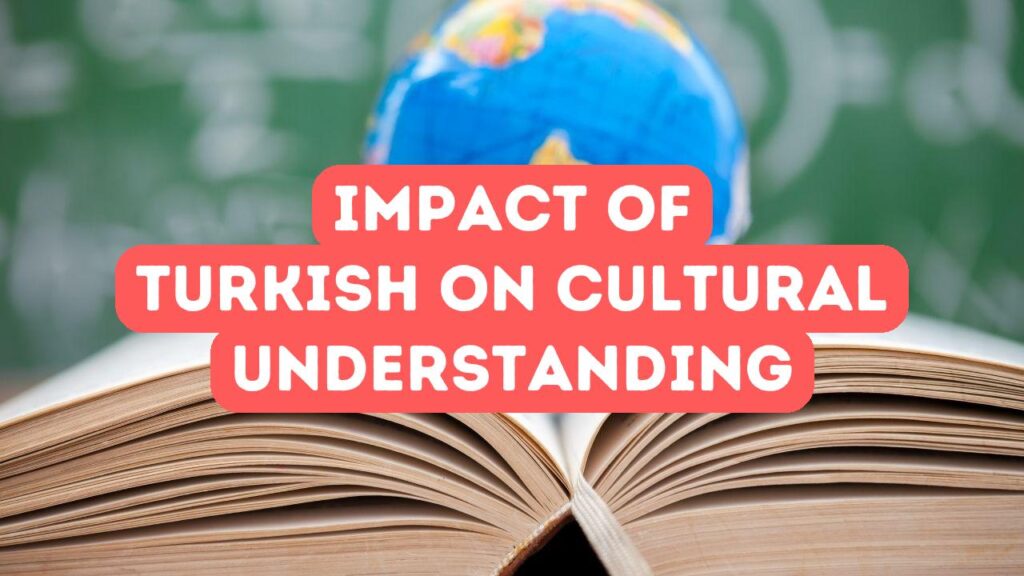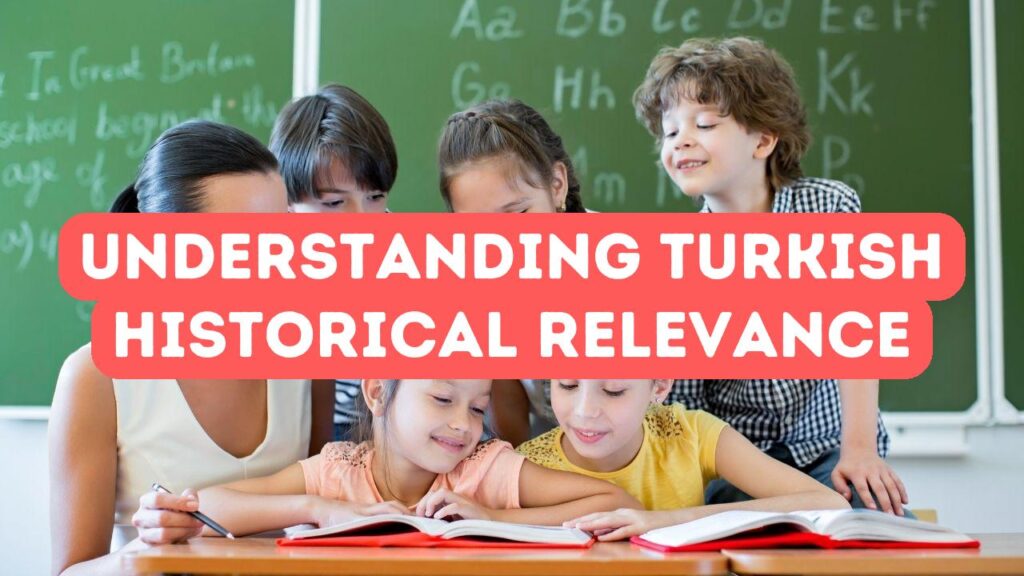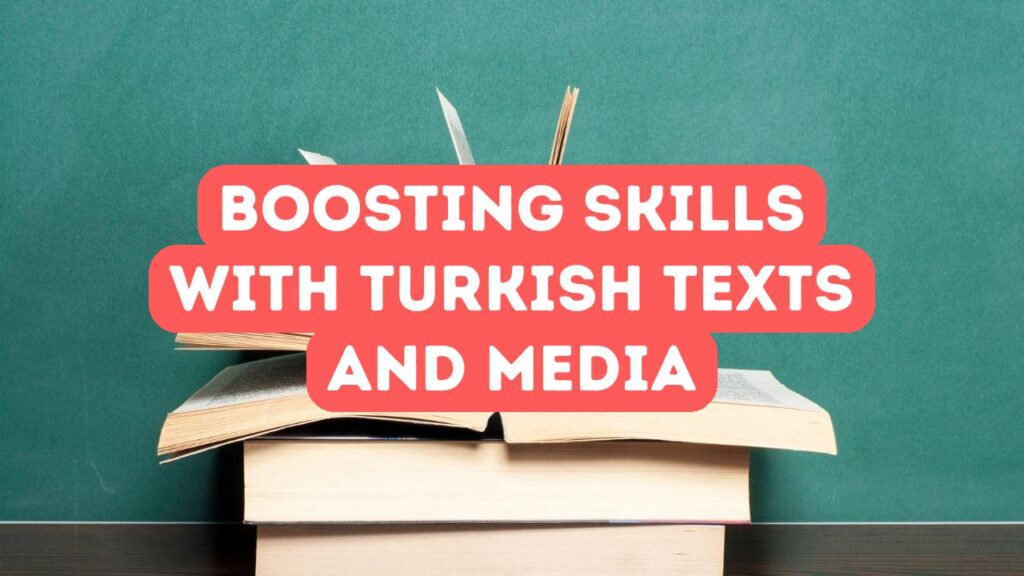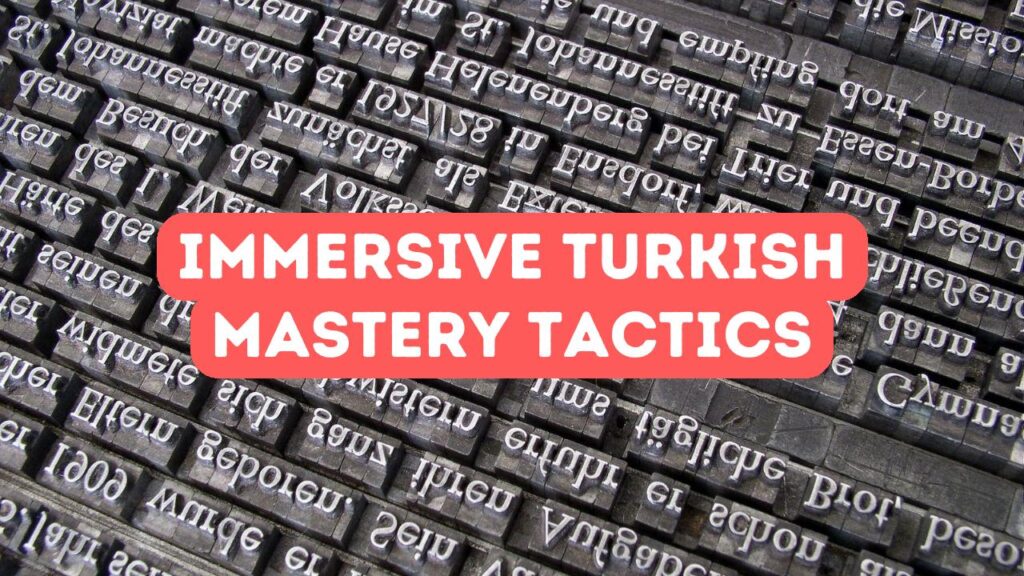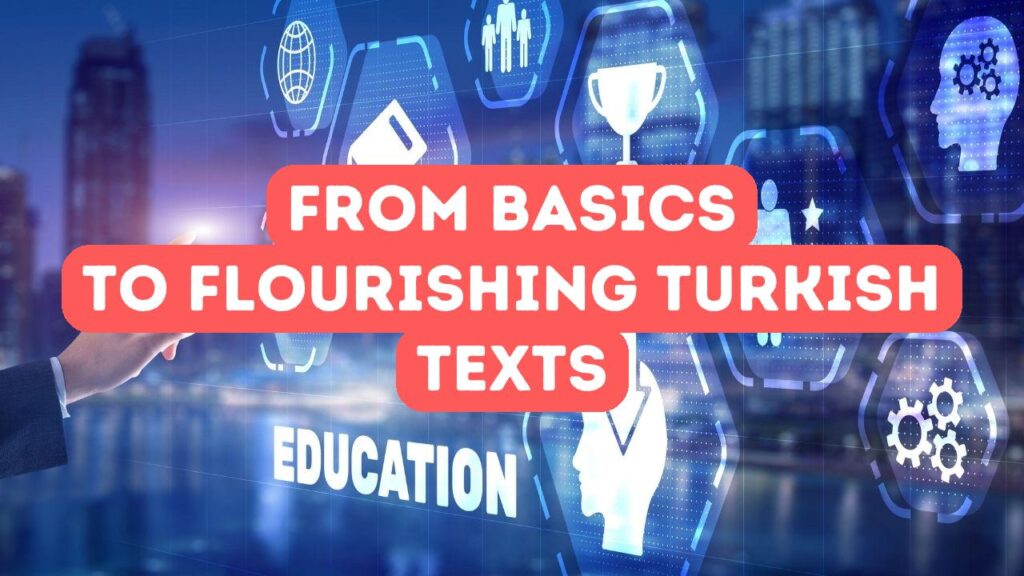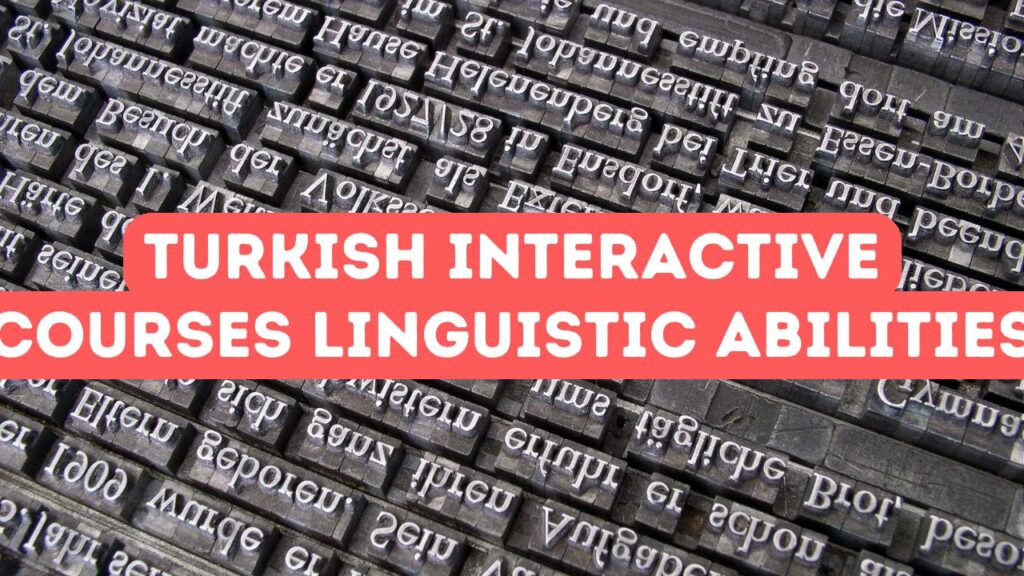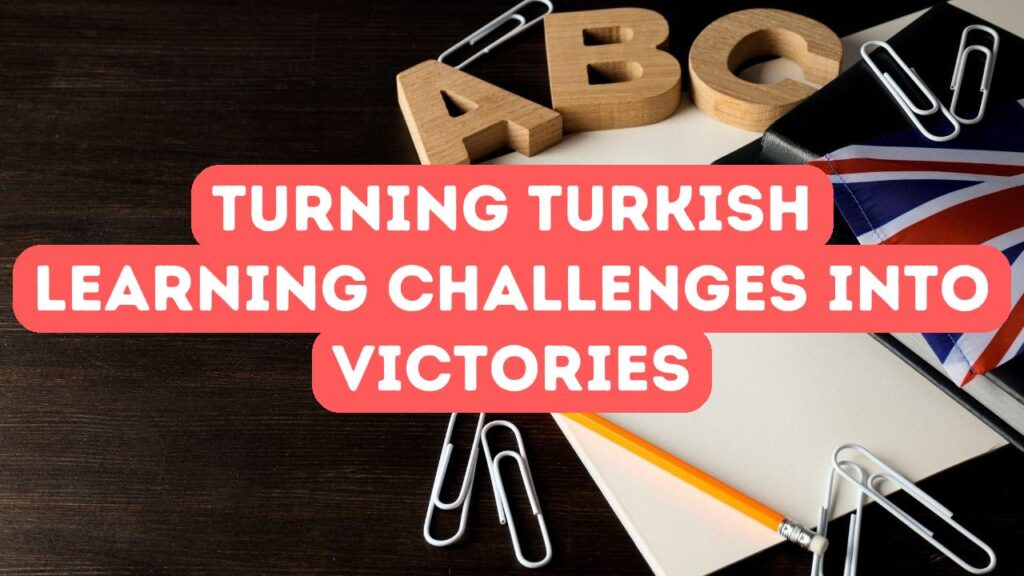Exploring the Crossroads of Cultures: The Turkish Language Connection
The mastery of Turkish is an odyssey through time, where every phrase and idiom paints a picture of civilizations meeting at the crossroads of history. As learners navigate the linguistic intricacies of Turkish, they unlock the narratives of a land that has long served as a bridge between Asia and Europe. The language itself is a mosaic of influences, containing traces of Arabic, Persian, French, and Italian, each word offering insight into the ebb and flow of cultural dominions. Engaging with Turkish allows individuals to experience firsthand the country’s unique position as a melting pot of cultures, customs, and traditions. This cultural promenade extends beyond the classroom or textbook, inviting learners to explore the bustling bazaars, the soulful Turkish music, the spellbinding tales of Anatolian folklore, and the philosophical musings of Rumi and other luminaries. Through this linguistic lens, one gains more than a tool for communication; they gain a profound connection to the heart of the human experience at the conjunction of East and West.
Delving deeper into the Turkish language reveals subtleties that often remain imperceptible to the casual observer. Idioms and expressions steeped in the pastoral traditions of the Anatolian countryside, courtly manners from Ottoman times, and the vibrant, poignant lyrics of Turkish folk music offer a dialogue with the past, and a bridge to the soul of its people. This linguistic journey facilitates a meaningful encounter with Turkey’s cultural artifacts—whether it’s deciphering the calligraphy that adorns ancient mosques or interpreting the emotionally charged works of modern Turkish poets and authors. Through the nuance of language, learners become attuned to the deeply rooted values of hospitality, community, and honor that fashion the fabric of Turkish society. Thus, by penetrating the surface of language, one engages not only with the spoken word but also with the historical heartbeat and the collective consciousness of a vibrant and diverse nation.
By embracing the Turkish language, one ventures beyond mere linguistic acquisition into the realm of cultural diplomacy and personal growth. Language learners transform into cultural ambassadors, equipped with the skills to navigate social nuances and foster genuine relationships across cultural divides. By internalizing the subtleties of Turkish etiquette and the rituals of daily life, they transcend the role of outsiders and become part of the living tapestry that is Turkish culture. This penetrative understanding opens doors to richer interpersonal exchanges and collaborative opportunities, allowing individuals to contribute meaningfully to shared global narratives. In essence, learning Turkish serves as a celebration of human connection, inviting us to participate in a continuous dialogue that honors our collective heritage and encourages a more empathetic and inclusive world.
Bridging Boundaries through Linguistic Insights
As learners venture into the nuanced intricacies of the Turkish language, they begin to unravel a linguistic bridge that connects diverse cultures. Each word and phrase learned serves not only as a building block of communication but also as an insight into Turkish customs, social norms, and historical contexts. This immersive experience goes beyond conventional language acquisition; it is a journey through the collective memory and soul of a nation. Students of Turkish often find themselves caught up in the dance of a language that is steeped in a history of imperial grandeur and folkloric charm, allowing them to traverse the boundaries that often separate the East from the West. Through the mastery of Turkish, language learners are not just memorizing vocabulary; they’re adopting new perspectives and enhancing their ability to engage with a world that is both familiar and alien, broadening their horizons and embracing the rich tapestry of human culture.
By penetrating the depths of Turkish idioms and proverbs, for instance, learners encounter the wisdom and wit that have coursed through the streets of Istanbul and beyond for centuries. Such phrases mirror the collective Turkish psyche, encapsulating truths about human nature and the societal values prized by Turkish communities. The act of mastering these expressions is akin to acquiring keys to unlock doors of nuanced social interactions and deepen intercultural friendships. As one begins to comprehend the subtle nuances of Turkish honorifics and levels of formality, they become attuned to the culture’s intricate hierarchy and respect system, reflecting an intimacy with the culture that transcends mere transactional exchanges. Thus, through the power of language, the walls of cultural segregation begin to crumble, paving the way for a more empathetic and interconnected global society.
This linguistic odyssey through the Turkish language does more than enhance individual understanding—it fosters an invaluable cultural synergy. Language learners who can engage authentically with Turkish speakers find themselves becoming inadvertent ambassadors, equipped with the cultural literacy to diffuse stereotypes and cultivate genuine respect. As they apply their language skills within real-world contexts—be it through art, literature, business, or travel—learners facilitate a mutual exchange that resonates with a spirit of inclusivity and collaboration. They embody the very essence of cultural diplomacy, working to knit the fabric of communities closer together. In doing so, these linguistic explorers are not only witnessing the transformation of their personal worldviews but are also actively participating in a larger, ongoing conversation that champions diversity and paves the way for a more understanding and unified global society.
Fostering Global Harmony: Turkish as a Gateway to Cultural Diplomacy
Learning Turkish extends far beyond the quintessential delight of ordering baklava in a bustling Istanbul market or reading Rumi’s poetry in its original form. As the language of a nation that straddles East and West, Turkish boasts a unique diplomatic prowess, serving as a linchpin in the mechanisms of cultural diplomacy. When individuals learn Turkish, they become informal ambassadors, equipped with the syntactic tools and cultural literacy necessary to navigate and mediate the complex dynamics between differing worldviews. Through each conversational exchange, idiomatic acquisition, and historical revelation, learners of Turkish are piecing together the mosaic of human experience, bridging divides and promoting an atmosphere of global harmony. This lingual engagement fosters empathy and cooperation, key elements in the ongoing quest for international peace and understanding.
The mastery of Turkish not only amplifies one’s ability to engage with the historical narratives and contemporary issues of the Middle East, but it also unlocks opportunities for constructive dialogue on an international scale. By acknowledging the nuances of Turkish etiquette, humor, and the subtleties embedded in its proverbs and sayings, learners are endowed with a perspective that transcends linguistic barriers, allowing them to embody the role of cultural intermediaries. Such individuals can foster conversations that navigate sensitive political landscapes, reduce cross-cultural misunderstandings, and facilitate collaboration in a range of fields—from international business to humanitarian efforts. The acquisition of Turkish, therefore, is not just an act of personal enrichment; it’s an investment in the cultural fluency that paves the way for more effective and respectful international relations.
In an age where global cooperation is imperative, the study of Turkish offers a conduit for harmonious international relations, creating an empathic bridge between diverse peoples. As learners immerse themselves in the subtleties of Turkish culture through language, they inherently champion the principles of cultural diplomacy, embodying an inclusive approach that values dialogue over dissent. This linguistic voyage not only enriches the individual’s worldview but also acts as a catalyst for collective understanding, contributing to a world mosaic where each piece is acknowledged and respected. By embracing the multifaceted heritage encoded within the Turkish language, learners can dismantle prejudices and weave a narrative of shared human values, paving the way for a future where cultural diversity is the cornerstone of international solidarity and peace.

